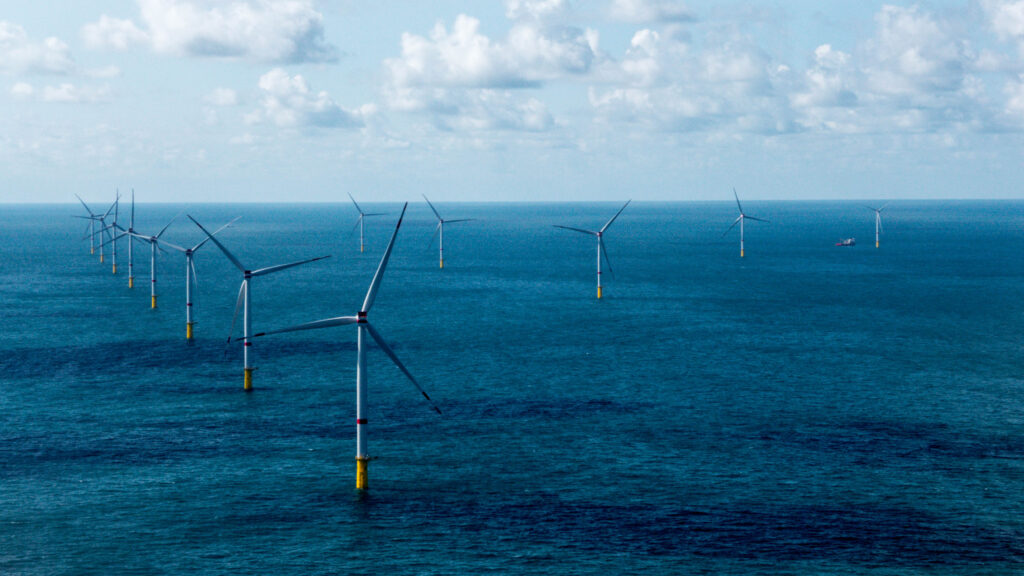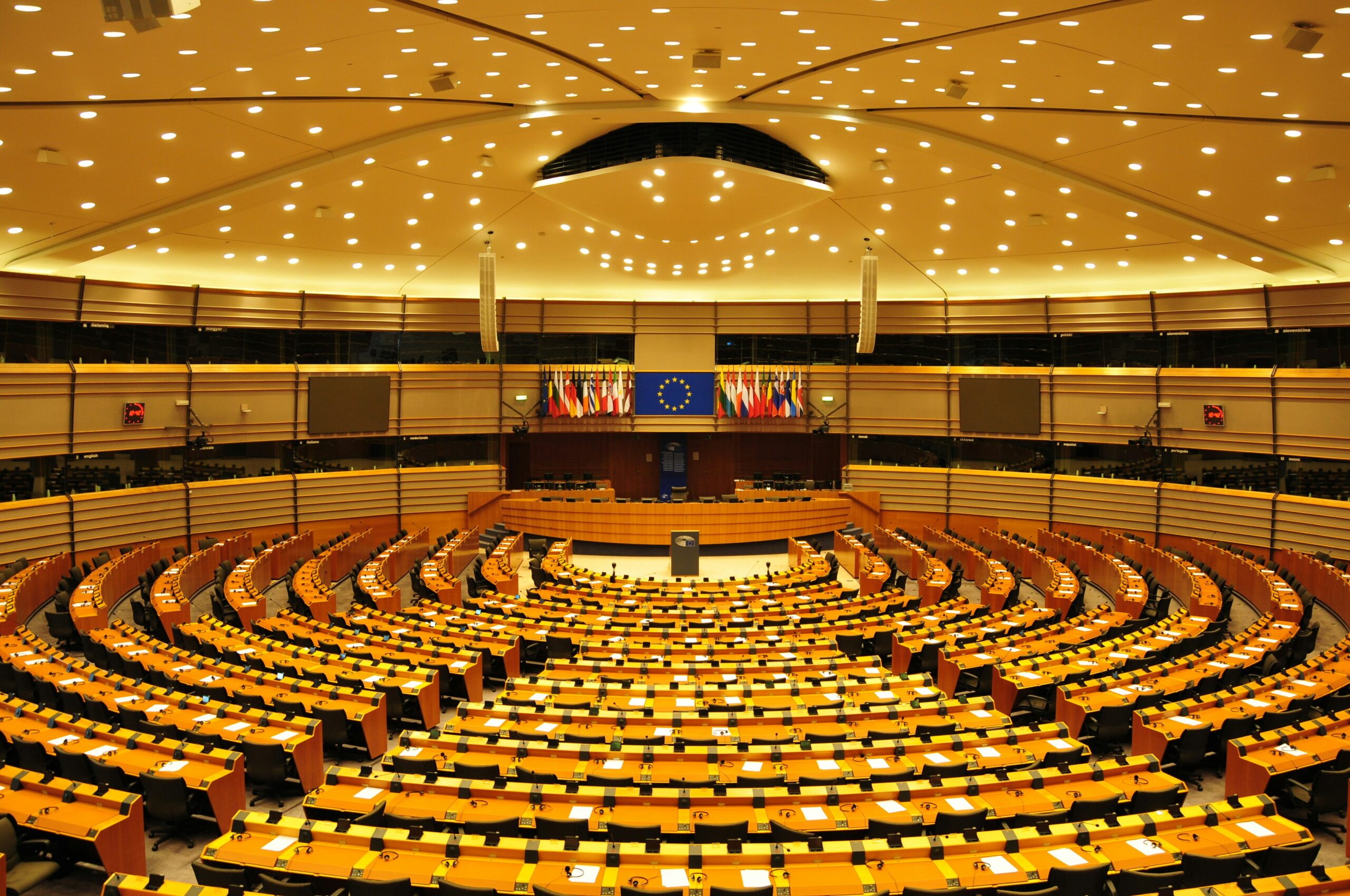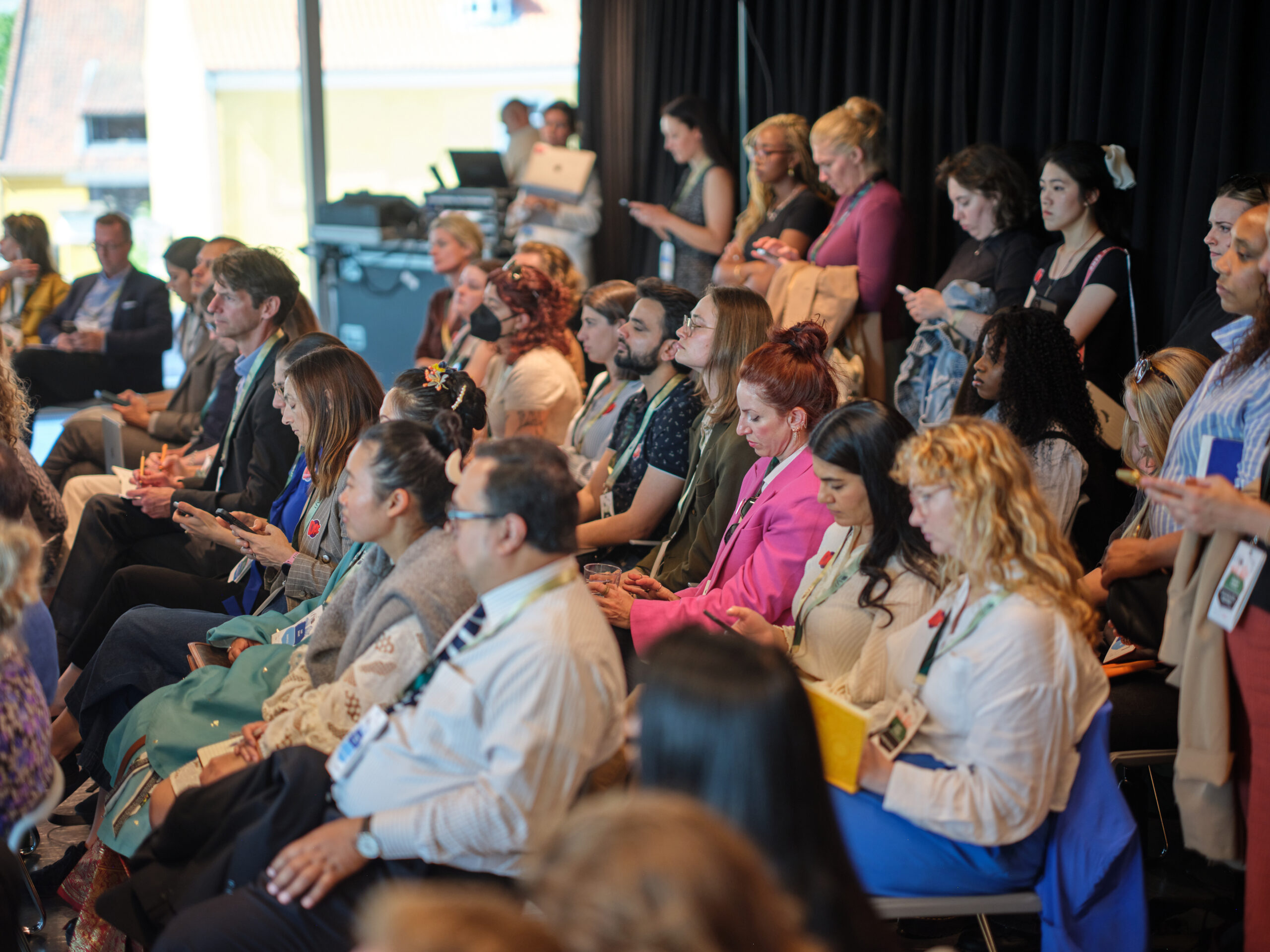Fashion industry joins forces with the renewable sector to decarbonise production in Bangladesh.
Global Fashion Agenda, Copenhagen Infrastructure Partners and international fashion companies BESTSELLER and H&M Group have announced their intention to develop the first offshore wind project in Bangladesh.








